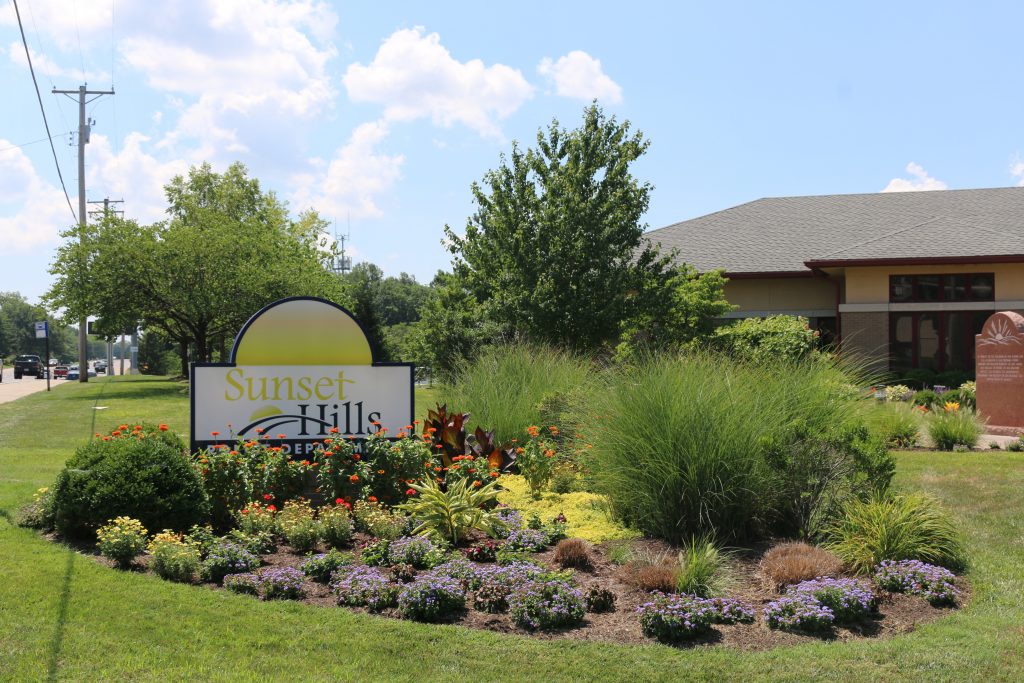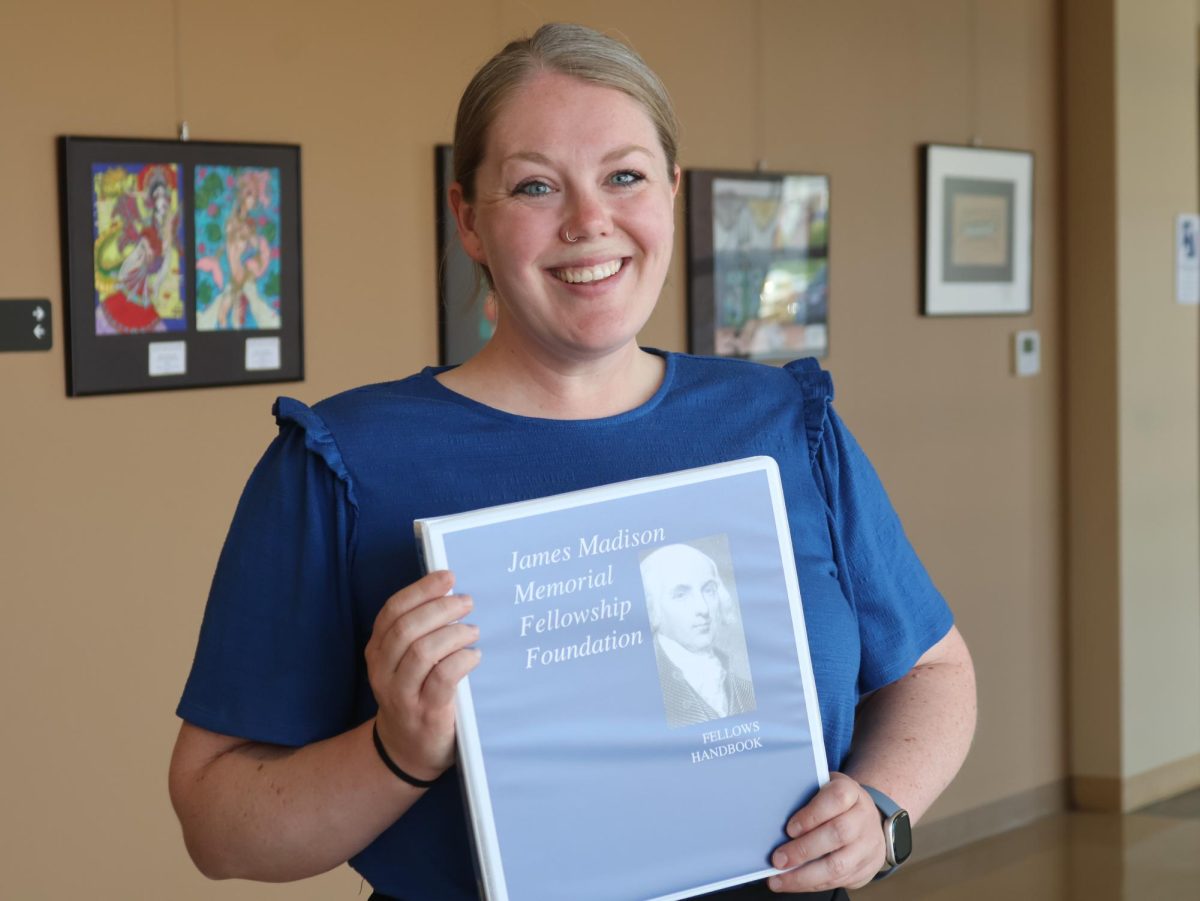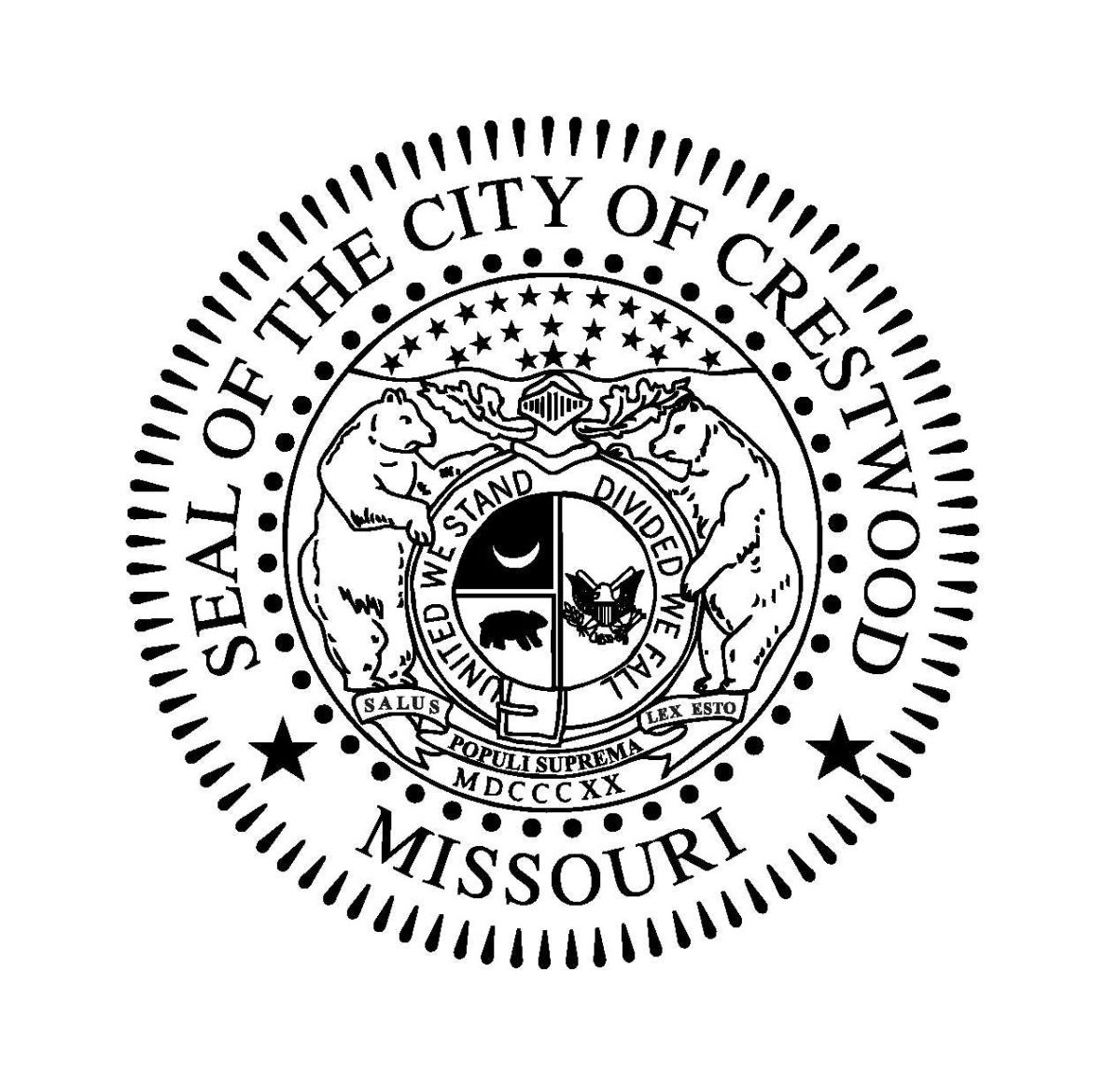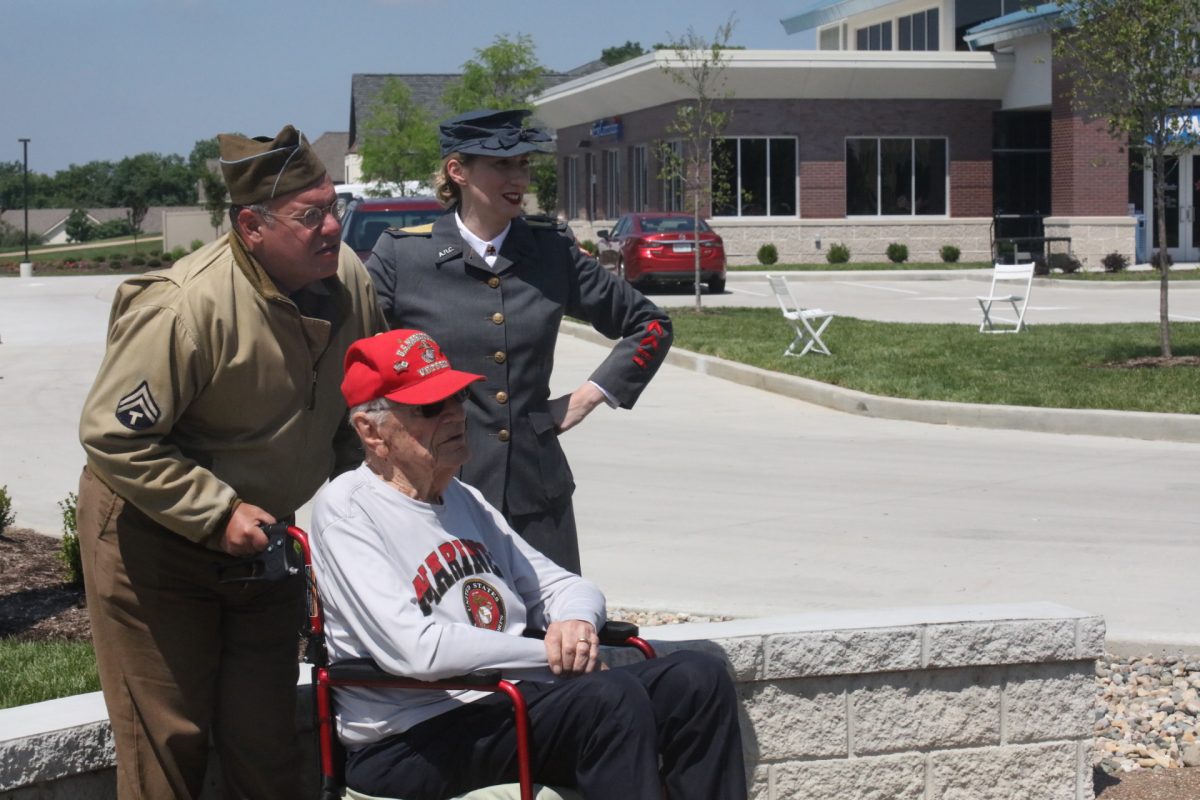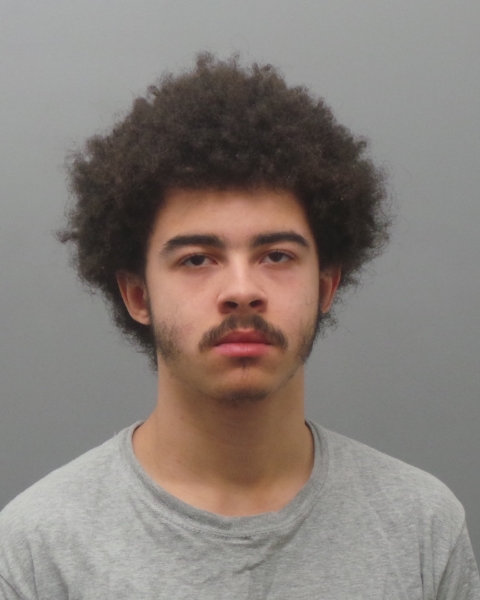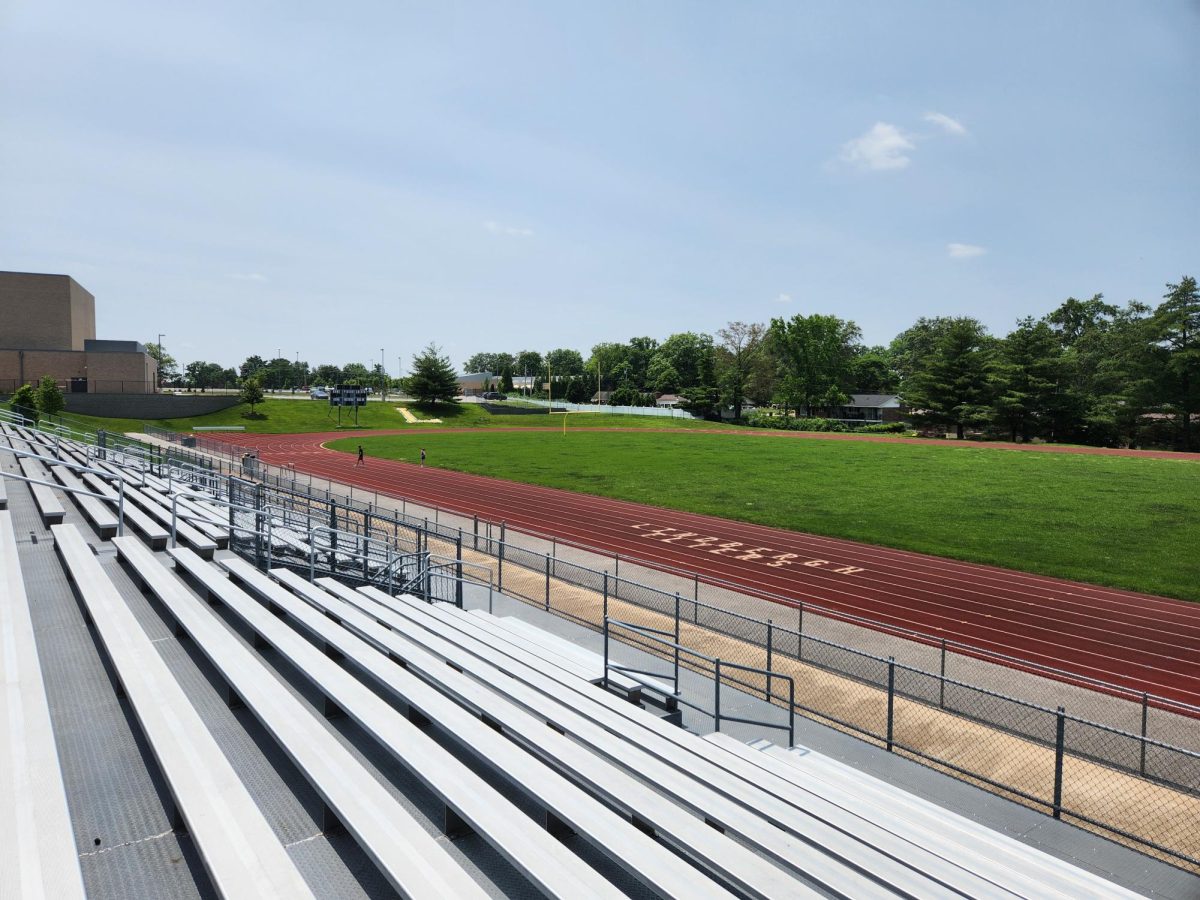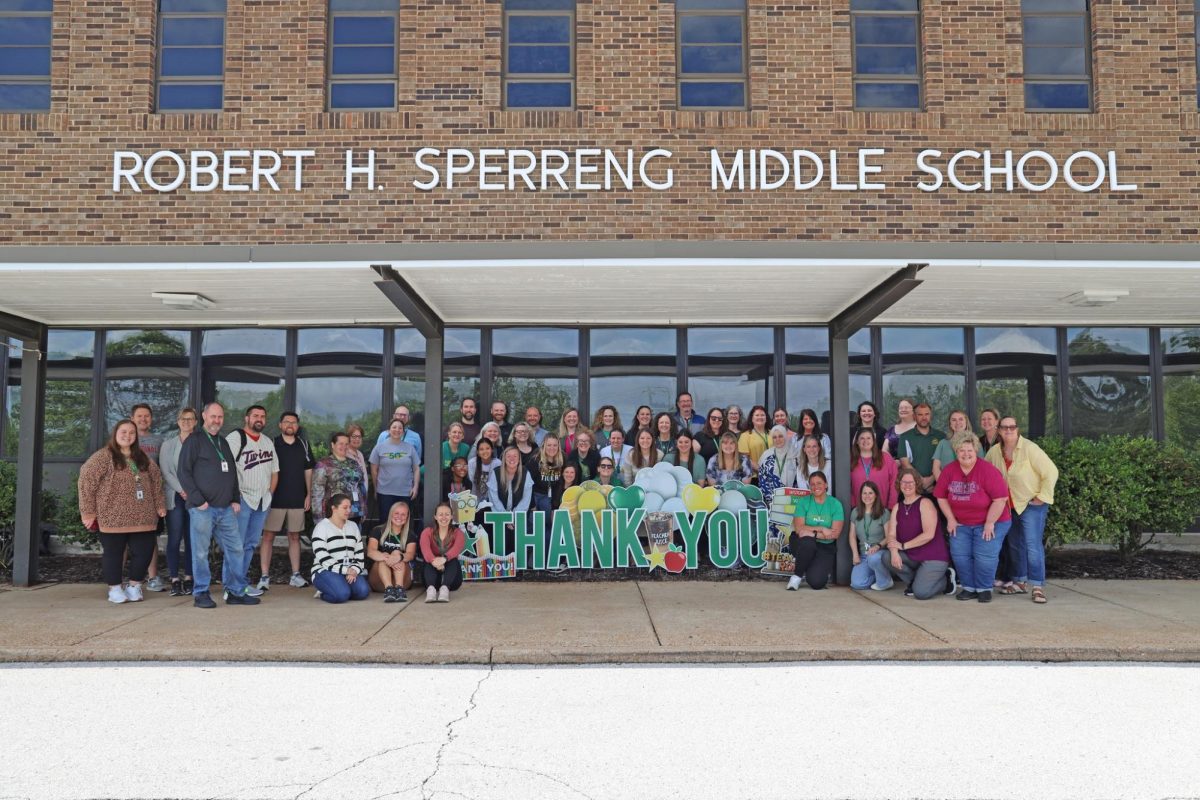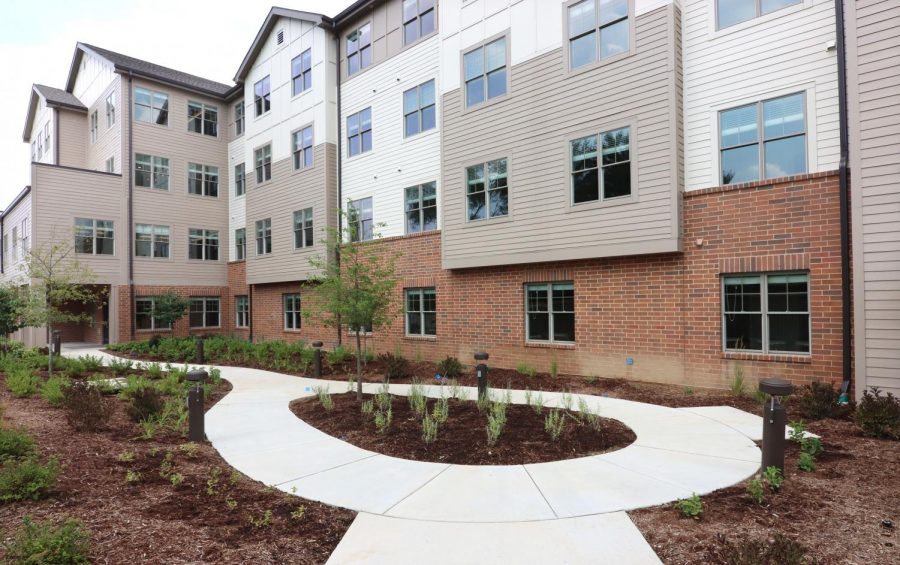The new Sunset Hills zoning code is back on the drawing board after the Board of Aldermen rejected the proposal from Houseal Lavigne during a special meeting Nov. 12.
The zoning code rewrite has been a work in progress for the past three years, overseen by Chicago-based urban consulting firm Houseal Lavigne. The rewrite, along with the zoning map, went through months of discussion in Planning and Zoning Commission meetings, some lasting over three hours.
As initially proposed, the number of zoning districts in the city would be reduced from 17 to nine, with four residential districts, four commercial districts and one parks and open spaces district.
Consultant John Houseal told the planning panel in multiple meetings that the rework of the zoning code was an effort to modernize the city’s 1950s-era zoning standards and align it with the comprehensive plan, which was also drafted by Houseal Lavigne and adopted in 2016.
However, many citizens have pushed back against aspects of the new code, including changes to existing residential zoning. They believe the rewrite would make it easier for “cluster homes” — townhouses — to come to the city.
The planning commission signed off on the changes, but the issue came to a head when Houseal Lavigne presented the proposed zoning code for the first time to the aldermen during a special work session Nov. 12.
On a voice vote, aldermen unanimously voted to send the zoning code back to Houseal Lavigne, directing the firm to change the residential zoning districts back to their current listing, which consists of six residential districts, R1 through R6.
Under Houseal’s initial proposal, the six residential districts would have been reduced to four. The proposed changes would also have cut the required lot sizes from current levels in an attempt to bring “legal non-confirming” smaller lots already in the city into compliance with the zoning code.
Although no public comments were taken at the special meeting, the aldermen’s concerns echoed those of residents at previous planning and zoning meetings. Residents like former Crestwood Alderman Gary Vincent, who was an outspoken critic of a now-dead Fischer and Frichtel cluster home development proposal on Robyn Road, told the commission numerous times that they believed reducing the size of zoning lots would make it easier to put more homes on smaller lots.
“What we’ve heard is a lot of concern about changing the R2 from 20,000 to 15,000” square feet, said Mayor Pat Fribis, referring to lot sizes.
Houseal said he would change R2 back to a 20,000-square-foot minimum if the board wanted.
The proposed zoning code also would permit planned developments such as multifamily buildings.
Ward 2 Alderman Casey Wong pointed out that under the current code, apartments are not permitted, and questioned why the zoning code would be opened up to allow them.
His Ward 2 counterpart, Alderman Steve Bersche, countered by saying that residents in the future could look to downsize but still desire to be in Sunset Hills, pointing out an apartment development in downtown Kirkwood.
“I just want to point out that Kirkwood just approved a 500-unit apartment complex. Why do we want to take that off the table?” said Bersche. “What if these people who live in large homes on large lots who would like to downsize… wouldn’t it be nice if there was a piece of land available, that could be an option sometime in the future… It seems silly to just eliminate those entirely.”
“I think that you put forth a great proposal for our commercial code… My question is what’s the detrimental effect of leaving the residential zoning just the way it is?” asked Ward 1 Alderman Dee Baebler.
“When we look at ordinance, we look at every single district. We look at the standards, we look at the lots on the ground and the variations that exist, and we try to change the zoning standards to better reflect what was on the ground,” said Houseal. “You can leave everything exactly the way it is if you wanted. But working on this over the last year and a half, that was never the direction we got… But at this point if that’s the direction, we can go that way.”
He later added, “If the sole takeaway is if as elected officials and residents you feel better if you didn’t change it, there’s value in that.”
Ultimately, after some further discussion, a motion by board President Mark Colombo to maintain the current R1 through R6 residential zoning and NU non-urban districts passed unanimously.
“I think that would relieve a lot of anxiety,” Colombo said following the vote.
Because of the changes requested by the aldermen, the zoning code has to go back to the Planning and Zoning Commission. As of The Call’s press time, the city had not yet received the new code draft back from Houseal Lavigne.



